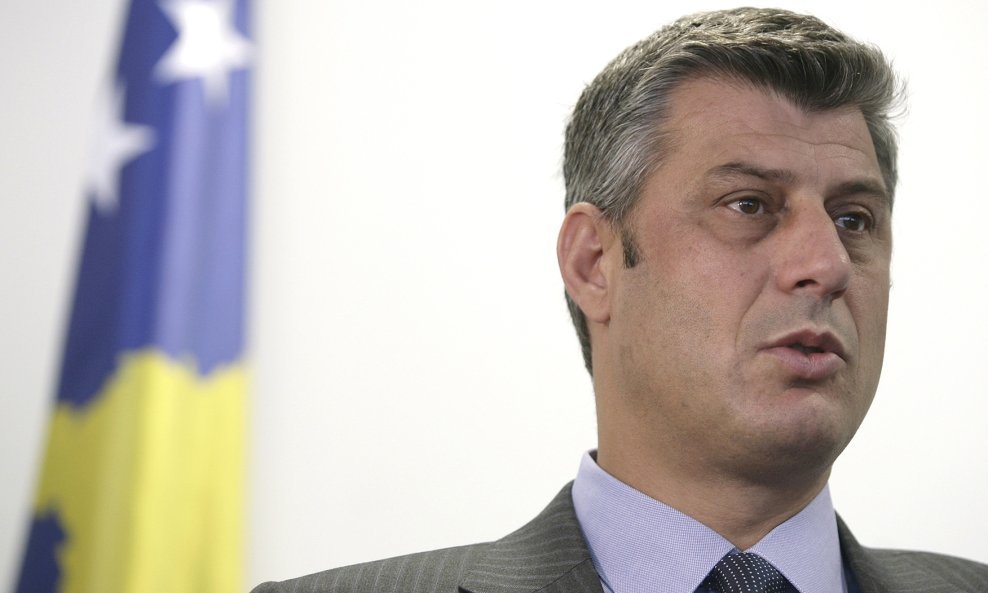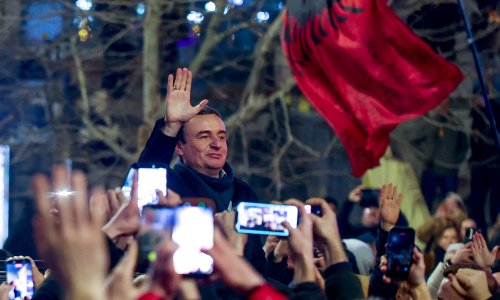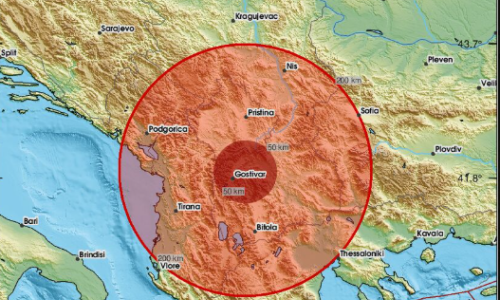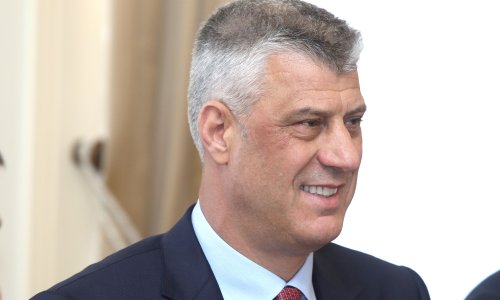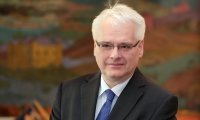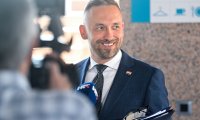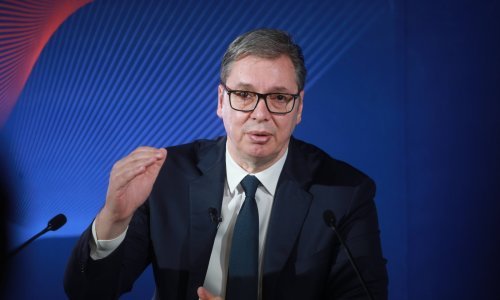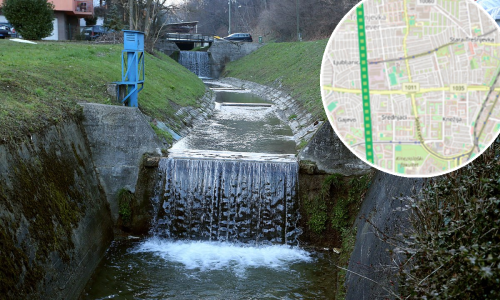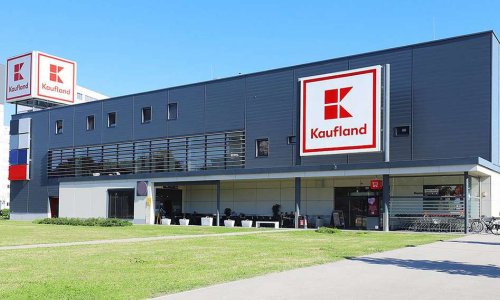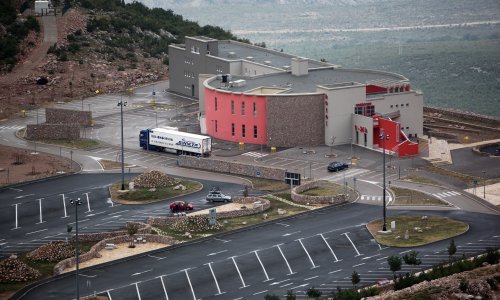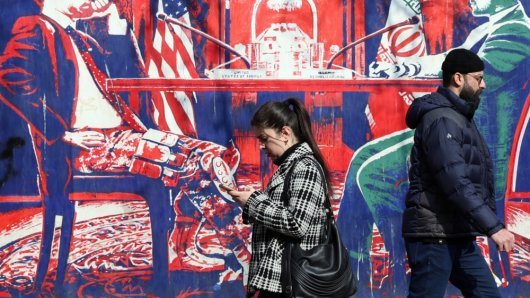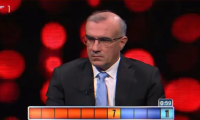The European Parliament's rapporteur on Serbia, Jelko Kacin, said in Belgrade on Monday an investigation should be launched in the wake of a report on trafficking in organs in Kosovo written by Council of Europe Parliamentary Assembly rapporteur Dick Marty.
Serbia's most senior political officials agreed with Kacin, warning that the EU's mission in Kosovo EULEX should start tackling the case as soon as possible.
Speaking after talks with Serbian Interior Minister Ivica Dacic, Kacin said the accusations in Marty's report were grave, that the allegations must be examined as soon as possible, and that international bodies should be involved.
"If this is fact-based, the matter should be dealt with as soon as possible. If there are no facts, then this too should be cleared up, because it poisons the political atmosphere in Kosovo, in Albania, in Serbia and in the region," said Kacin.
Dacic said the accusations were grave and that they could not stay on the level of a political report, warning that the truth should be established through investigation and that so far no one from EULEX had asked the Serbian police for an exchange of evidence.
During talks with Council of Europe officials in Strasbourg today, the chairman of Serbia's National Council for cooperation with the Hague war crimes tribunal, Rasim Ljajic, said EULEX should start processing the case of trafficking in organs in Kosovo as soon as possible.
He told the Serbian news agency Beta that this issue should not be politicised and that Serbia's interest was in the case being processed as soon as possible, and that EULEX should assume responsibility. He said this issue was key for reconciliation in the whole region.
Ljajic and the head of Serbia's office for cooperation with the Hague tribunal, Dusan Ignjatovic, told European Human Rights Commissioner Tomas Hammarberg and CoE Parliamentary Assembly secretary-general Mateo Sorinas that the Office of the Serbian War Crimes Prosecutor had tried 383 such cases to date and that others, in this case EULEX, were now expected to do the same.
Ljajic said the responsibility lay with the UN Mission in Kosovo, which he said had done nothing to shed light on all those cases, adding that there were elements of open obstruction from the publication of the very first information on grave human rights violations, including trafficking in human organs.
In a statement to B92 before leaving for Strasbourg, Ljajic said Serbia would not allow "the case of trafficking in organs in Kosovo, organised by the Kosovo Liberation Army, to be covered up and downplayed," and that it would launch a diplomatic offensive on all international forums so that this case could be thoroughly dealt with.
Serbian President Boris Tadic said today the report on trafficking in human organs in Kosovo and Albania called for a comprehensive investigation that envisaged establishing clearly if such crimes had occurred in Kosovo and Albania, and if so, who the culprits were and punishing them.
The office of Serbia's ombudsman for human rights said Ombudsman Sasa Jankovic had asked his Albanian colleague Florina Nina to push in Albania's public and institutions for a full investigation in connection with Marty's report.
The CoE Parliamentary Assembly Committee on Legal Affairs and Human Rights last Thursday adopted a draft report by Marty accusing recent Kosovo Prime Minister Hashim Thaci of having led a mafia-style group responsible for trafficking in weapons, drugs and human organs in Kosovo and north Albania and directly linking him to trafficking in organs of abducted Serbs and non-Albanians in Kosovo in 1999.



